Taking care of your heart health is crucial for your overall well-being as it ensures the proper functioning and vitality of one of your body’s most vital organs: the heart. Blood is circulated throughout your body by your heart through your arteries. Blood pressure is a variable quantity that refers to the force of the blood pressing against the artery walls. For instance, it naturally rises right before you wake up in the morning and also when you exercise.
Consistently high blood pressure, which can be caused by factors such as being overweight or obese, consuming excessive sodium, smoking, and having a family history, can lead to heart damage and various health issues like heart disease and stroke.
Blood pressure is typically expressed as a numerical value, such as 120/80 mmHg (120 over 80). The first number represents the systolic pressure, which occurs when the heart contracts. On the other hand, the second number represents the diastolic pressure, which happens when the heart relaxes between beats.
Normal pressure is characterized by a systolic pressure of less than 120 mmHg and a diastolic pressure of 80 mmHg or lower. On the other hand, high pressure, also known as hypertension, is when the systolic pressure reaches 130 mmHg or higher or the diastolic pressure is 80 mmHg or higher.
The Dietary Approaches to Stop Hypertension (DASH) diet is widely regarded as the top choice for managing high blood pressure. This diet emphasizes the consumption of fruits, vegetables, whole grains, low-fat dairy products, lean meats, and legumes.
By following the DASH Diet, individuals can benefit from increased intake of essential nutrients such as potassium, magnesium, fiber, and calcium while keeping sodium and saturated fat intake low. A study has demonstrated that the DASH diet can effectively reduce blood pressure levels for both individuals with and without hypertension.
When it comes to essential nutrients, potassium stands out for its remarkable ability to lower blood pressure. Potassium works its magic in a couple of different ways: firstly, it helps your body eliminate excess sodium, and secondly, it relaxes the walls of your blood vessels, allowing for improved blood flow.
Below is a list of the best vegetables for better blood pressure. Every one is a good source of important nutrients that, when consumed often, may help keep your numbers under control.
1. Potatoes
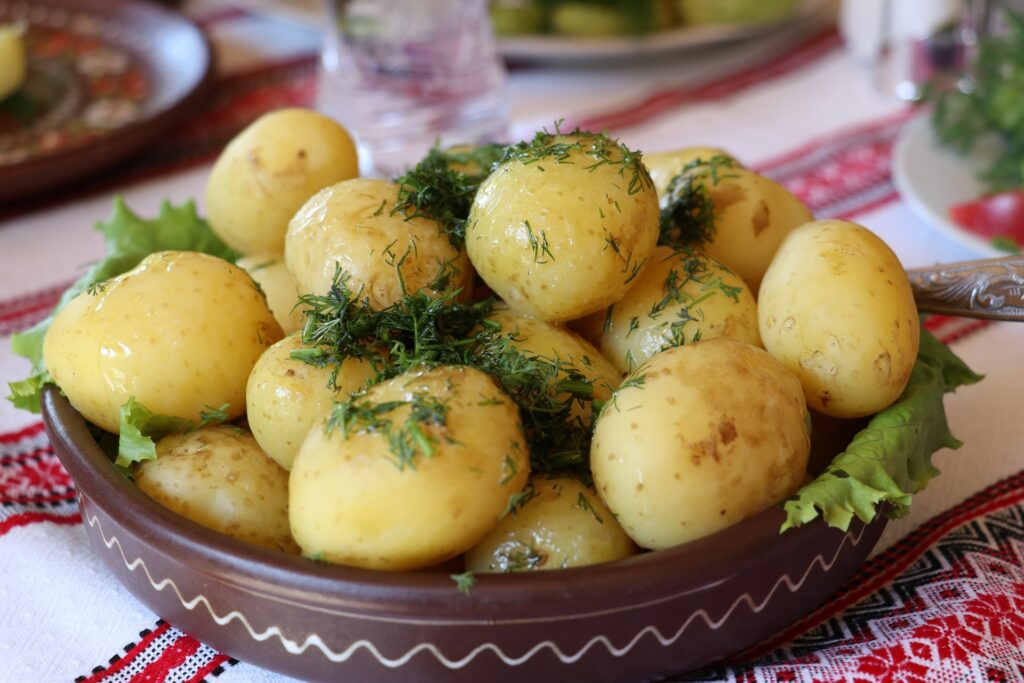
Potatoes are packed with potassium, containing even more of this essential mineral than a banana. A medium-sized baked potato provides approximately 600 milligrams of potassium, accounting for roughly 13% of the recommended daily value.
Although all types of potatoes are rich in potassium, studies have indicated that purple potatoes may have an edge in promoting reduced artery stiffness, ultimately aiding in lowering blood pressure. These potatoes contain anthocyanins, a potent antioxidant responsible for their vibrant purple coloration.
Potatoes are not only affordable but also highly versatile and easy to prepare, making them a delicious solution for reducing stress. They are perfect for stuffing or transforming into a healthy potato salad. Additionally, homemade mashed potatoes or baked wedge fries are universally loved.
2. Tomatoes
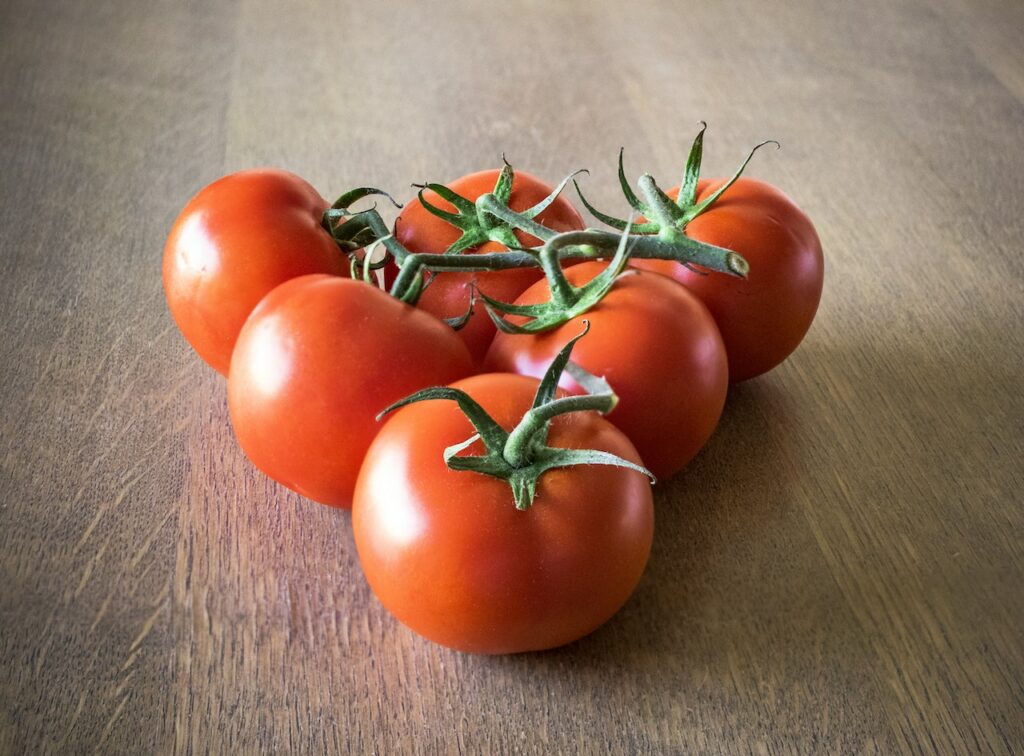
Tomatoes and tomato products are packed with potassium and lycopene, two nutrients that can enhance blood pressure and promote better heart health. Just one cup of cherry tomatoes contains a whopping 395 milligrams of potassium, which accounts for 8% of your daily value.
Lycopene is an antioxidant that gives these fruits their vibrant red color. While there isn’t a specific daily requirement for lycopene intake, tomatoes are considered one of the top sources, especially when cooked. Surprisingly, cooked tomato products actually contain more lycopene than their raw counterparts. Studies have shown that tomato extract, rich in lycopene, can effectively reduce blood pressure in both healthy individuals and those with elevated levels.
Tomatoes are famous for their leading role in soups, pasta, sauce, and pizza. However, they also bring a delightful touch to savory tarts and protein-packed dishes.
3. Beets
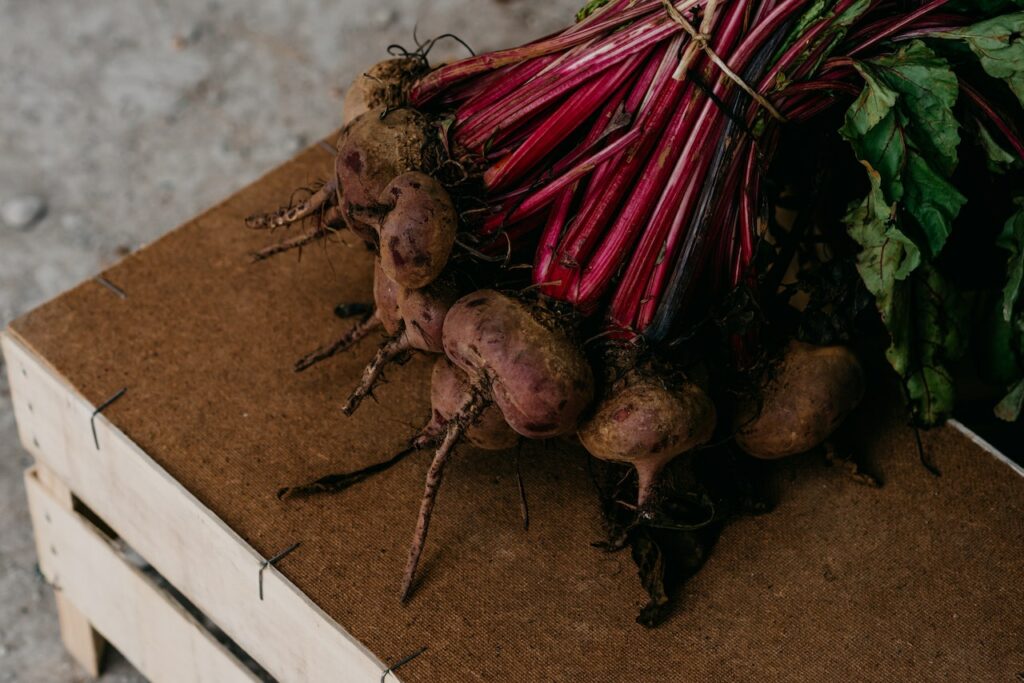
Beets and beet greens are a great source of nitrates, which can help relax blood vessels and potentially improve blood pressure. A study conducted in 2018 revealed that beetroot juice has the ability to lower blood pressure in both healthy individuals and those with elevated levels, thanks to its high nitrate content. Beets are packed with a bunch of other nutrients like potassium, fiber, folate, manganese, vitamin C, and iron. These nutrients have also been associated with reducing blood pressure.
Beets are in season during the winter months, and they bring a delightful earthy flavor to both raw and cooked dishes. You can easily roast them in an air fryer, toss them into a winter salad, mash them up to create a delicious hummus, or incorporate them into a tasty grain salad. The green tops of the beets are totally edible too, even though they might have a slight bitter taste.
4. Green Leafy Vegetables
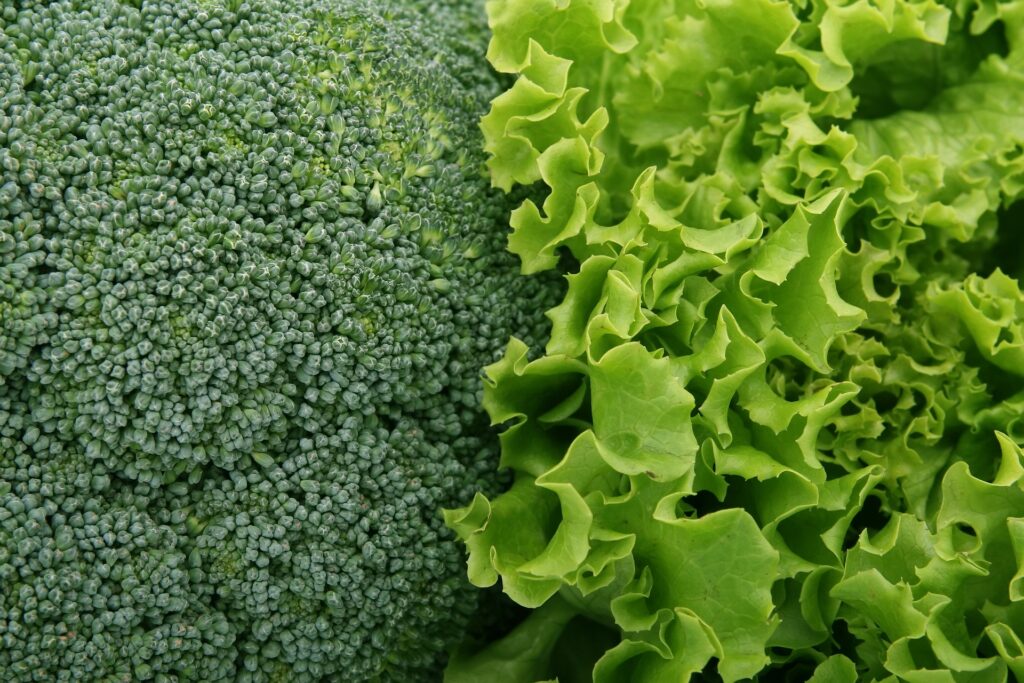
Kale, spinach, cabbage, collards, and other leafy greens are abundant in dietary nitrates, which act as vasodilators, widening blood vessels and enhancing blood flow. Several studies indicate that consuming a minimum of 1 cup of leafy greens daily can potentially lower blood pressure and reduce the risk of cardiovascular disease.
With an abundance of varieties, leafy greens can seamlessly complement any dish. Whether you savor a refreshing spinach salad, indulge in cooked collard greens, relish collard green wraps, or savor the crispy delight of kale chips, the options are truly limitless when it comes to incorporating leafy greens into your culinary creations.
5. Winter Squash
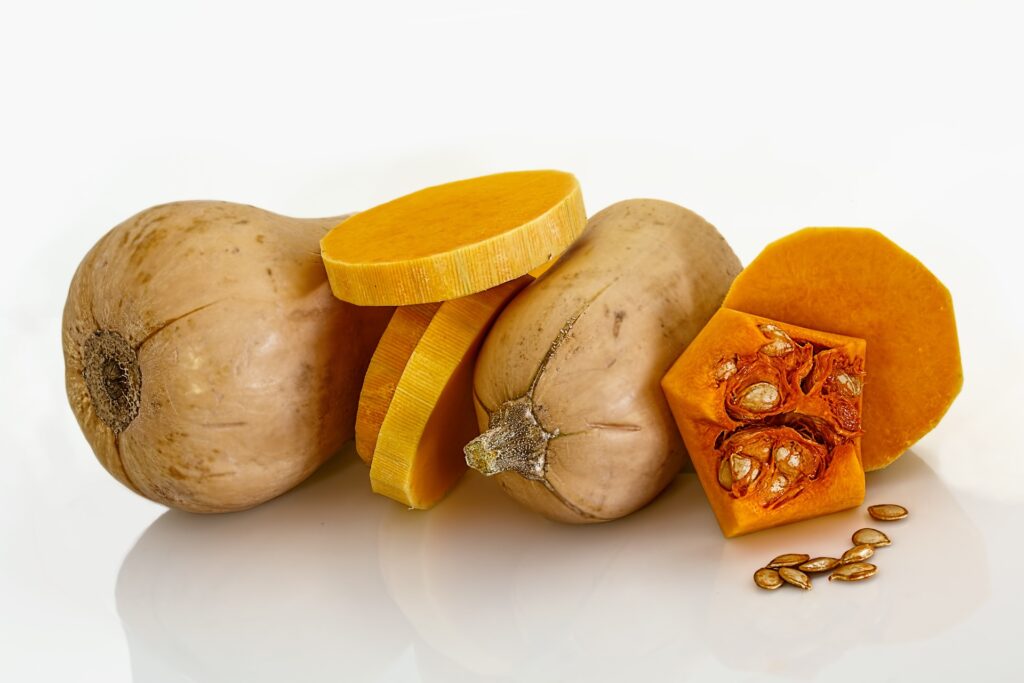
There are numerous types of winter squash to choose from, each with its own unique characteristics. Some popular varieties include acorn squash, butternut squash, kabocha, and spaghetti squash. What sets them apart is their vibrant yellow or orange hue and their starchy flesh, which is not only delicious but also rich in potassium.
In fact, just one cup of winter squash provides approximately 8% of the daily value (DV) of potassium. Moreover, these squash varieties are also packed with other essential nutrients such as vitamin A, fiber, and vitamin C.
Winter squash is most readily available during the colder months, but it is also conveniently sold as frozen cubes, allowing you to enjoy it throughout the year. Butternut squash, with its pleasantly sweet and starchy flavor, is a delightful addition to enchiladas and stuffing. On the other hand, acorn squash is the ideal size for stuffing, making it a perfect choice.
You Can Also Read: The Path to Radiant Skin: 5 Tips & Tricks You Can’t Miss
Final Thoughts
Blood Pressure is an essential factor for maintaining heart health. By keeping your blood pressure at healthy levels, you can effectively reduce the risk of heart disease and stroke. Incorporating these five vegetables into your meals will not only enhance the nutritional value but also contribute to maintaining a healthy blood pressure, ultimately ensuring a strong and healthy heart.
